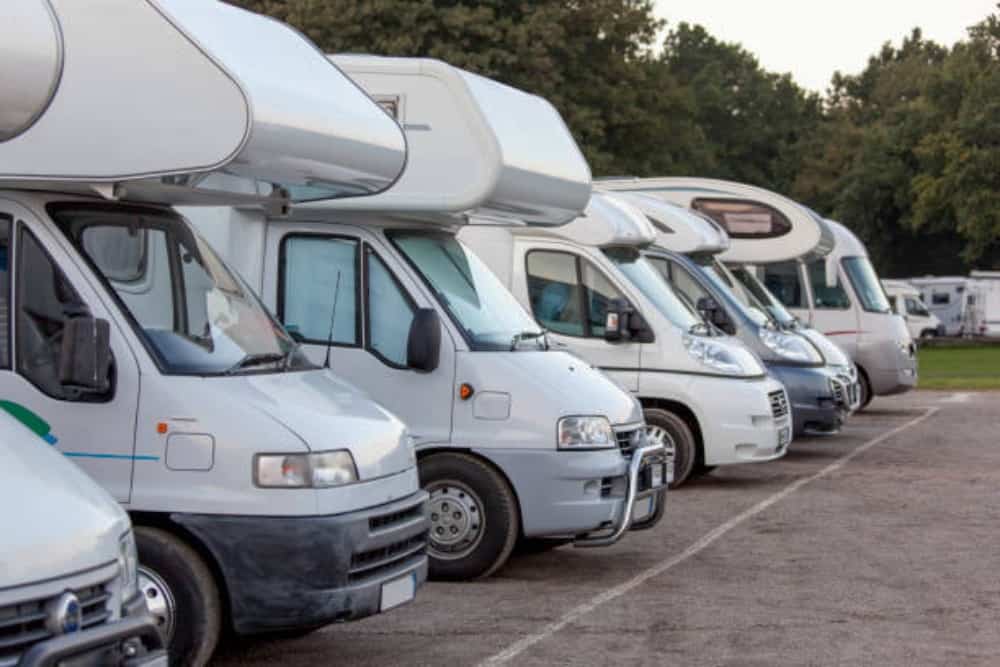If you are an RV owner in California, you have certain rights under the state’s Lemon Law. This law safeguards consumers who bought or leased faulty vehicles, such as RVs. If a fair number of attempts fail to fix a vehicle, manufacturers are required to repair or replace it. As an RV owner, knowing your rights is crucial to protect your significant investment in the vehicle.
The California Lemon Law applies to RVs that are still under warranty or have a defect that occurs within 18 months or 18,000 miles of purchase. If your RV has had problems affecting its safety, value, or use, like engine or transmission issues, leaks, or electrical problems, you might qualify for a refund or replacement vehicle by law.
What is the California Lemon Law?
The California Lemon Law is a consumer protection law that applies to new and used vehicles sold or leased in California. It protects consumers who bought or leased a vehicle with a significant defect that couldn’t be corrected after reasonable attempts at repair. The law applies to cars, trucks, motorcycles, and recreational vehicles.
What is an RV Lemon?
If a significant issue remains in an RV that affects its use, worth or safety, despite the manufacturer’s attempts to repair it, the RV is deemed a lemon. The defect must be covered under the manufacturer’s warranty, and the manufacturer must have had a reasonable opportunity to fix it.
What is a Reasonable Number of Repair Attempts?
Under the California Lemon Law, a reasonable number of repair attempts is presumed to be four or more attempts for the same defect or two or more attempts for a defect that could cause death or serious bodily injury if the vehicle is driven. Furthermore, the flaw must persist after every repair attempt, and the car ought to have been inoperable for over 30 days in total.
What are Your Rights as an RV Owner?
If your RV is a lemon, you have several rights under the California Lemon Law. You may be entitled to a replacement vehicle or a refund of the purchase price, minus a reasonable deduction for use. If you win your Lemon Law case, the manufacturer is liable for your legal expenses, and cannot seek revenge for your claim.
What Should You Do if You Think You Have a Lemon RV?
If you think you have a lemon RV, the first step is to notify the manufacturer in writing and give them a reasonable opportunity to fix the problem. Keep all records of your repair attempts, including dates, invoices, and work orders. If the manufacturer can’t or won’t fix the problem, you may want to consider hiring a Lemon Law lawyer to help you file a claim.
How Can You Prevent Buying a Lemon RV?
While the Lemon Law can help protect you if you end up with a lemon RV, it’s always better to avoid buying a lemon in the first place.If you’re looking for an RV, make sure you do your research to avoid buying a faulty one. Check the RV’s history report and make sure it hasn’t been in any accidents or had any major repairs.
Here are some tips to help prevent you from buying an RV that may cause you trouble down the road:
Do your homework and research different brands and models of RVs that fit your needs and budget. Check online reviews and ask for recommendations from experienced RVers.
- Inspect: When you find an RV that you’re interested in, inspect it thoroughly. Look for signs of wear and tear, water damage, and mechanical issues.
- Check the history: Obtain a vehicle history report to see if the RV has been in any accidents or has had any major repairs.
- Test drive: Take the RV for a test drive to see how it handles on the road and to check for any strange noises or vibrations.
- Get it inspected: Hire a professional RV inspector to give the vehicle a thorough examination, including the roof, electrical systems, and plumbing.
- Negotiate: If the RV has any issues, negotiate with the seller to lower the price or fix the problems before making the purchase.
- Warranty: Consider purchasing an extended warranty to cover any unexpected repairs or breakdowns.
What Should You Look for in a Lemon Law Attorney?
If you decide to hire a Lemon Law attorney to help you file a claim, there are several things to look for. First, make sure the attorney specializes in Lemon Law and has experience handling cases similar to yours. Look for an attorney with a good track record of winning Lemon Law cases and securing fair compensation for their clients. Finally, make sure the attorney is someone you feel comfortable working with and who will keep you informed throughout the process.
Experience
Look for an attorney who has experience in handling lemon law cases, preferably with a track record of successful outcomes for their clients.
Knowledge
The attorney should have in-depth knowledge of state and federal lemon laws, as well as consumer protection laws.
Communication
The attorney should be responsive to your calls and emails, and be able to explain complex legal concepts in a clear and concise manner.
Resources
The attorney should have the necessary resources, such as access to expert witnesses, to build a strong case on your behalf.
Fees
Look for an attorney who works on a contingency fee basis, meaning they only get paid if they win your case.
Check the attorney’s reputation by reading client reviews and testimonials, and confirming their standing with professional organizations such as the state bar association.
Personal connection
Choose an attorney who you feel comfortable working with, and who listens to your concerns and goals for the case.
To sum up, the California Lemon Law for RVs provides important protections for consumers who have purchased a defective recreational vehicle. If you suspect that your RV qualifies for protection under the law, it’s important to know your rights and take action. Hiring an experienced lemon law attorney can help you navigate the legal process and ensure that you receive the compensation you deserve.



